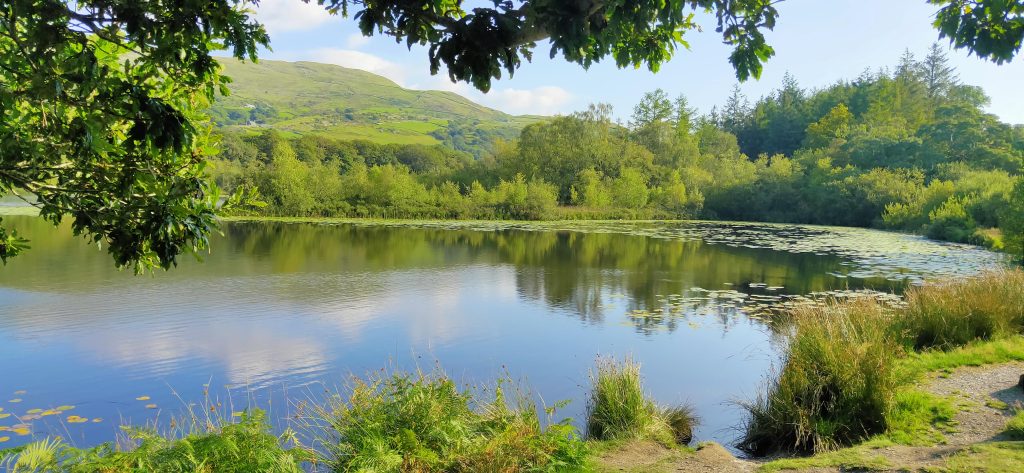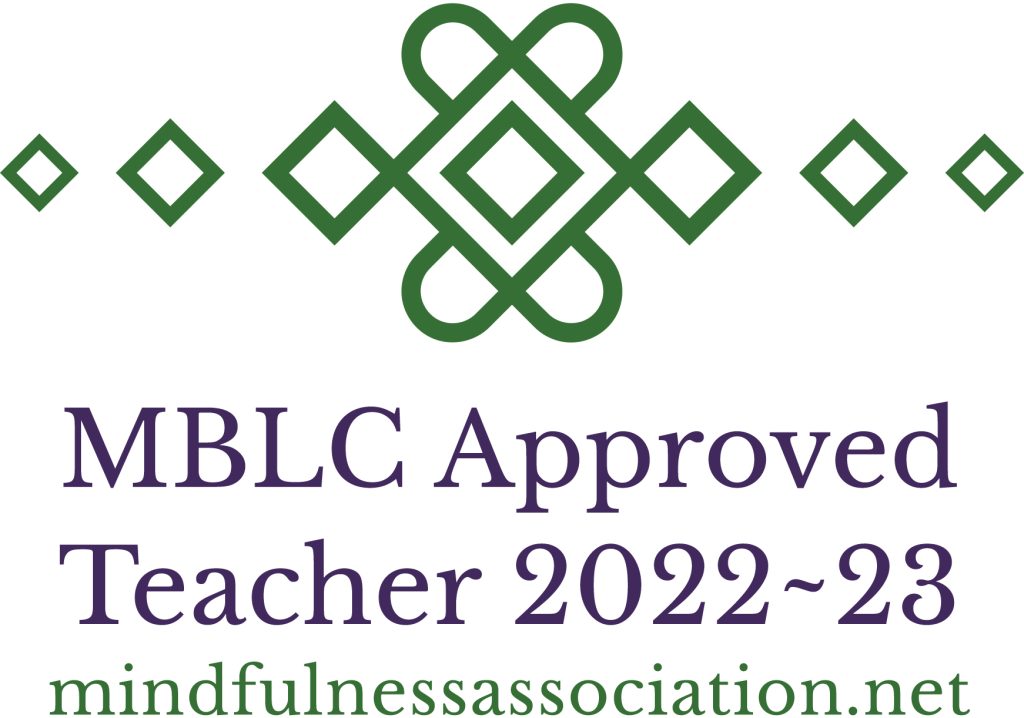At the moment, the term “Mindfulness” is very much a buzz-word – and with all the attention it has been receiving in recent years, we could be forgiven for thinking it is one of the latest things in wellbeing. It has been around for a while longer than that, in fact, for thousands of years – so there must be something in it, wouldn’t you think?
Why choose Mindfulness – what does it have to offer?
Recent research in mindfulness, has revealed many benefits, including: decreases in anxiety, depression, rumination and emotional reactivity. Mindfulness has been shown to help increase well-being, feelings of happiness and concentration.
The regular practicing of mindfulness has also been found to help foster benefits to physical health including: quality of sleep, improving immune system function and decreasing blood pressure.
Regular and longer term mindfulness practice has been linked to structural and functional brain changes in areas associated with attention, emotional regulation, empathy and bodily awareness.

What is Mindfulness?
We already possess within us everything we need in order to become more mindful: an innate ability to be aware of what’s happening now in this present moment without judgement.
Here are some helpful definitions of Mindfulness:
“Knowing what is happening, when it is happening and without preference.” Rob Nairn.
“Awareness that arises through paying attention, on purpose, in the present moment, nonjudgmentally.” Jon Kabat Zinn.
“Mindfulness is a non-judgmental, receptive mind state in which one observes thoughts and feelings as they are, without trying to suppress or deny them.” Kristin Neff.
“Mindfulness refers to keeping one’s consciousness alive to the present reality. It is the miracle by which we master and restore ourselves.” Thich Nhat Hanh
Knowing what is happening while it is happening, in other words, when we are present through our senses to what is happening around us this moment, is an experiential knowing – an awareness – and that awareness, we learn, is always present, always aware, here for us to rest in. As we train our minds in this way, we gradually come to trust this awareness as a place where we can rest, at peace – a secure base that is less reliant on external circumstances.
So, how might we go about learning how to practice mindfulness? Here at Way of Mindfulness, I offer the 8 week Mindfulness Based Living Course, which takes you through the practice and theory of building your own mindfulness practice. It is a highly experiential course which takes place within a safely “held” environment with an emphasis on group learning, guided practices and taught sessions covering the different aspects of training in mindfulness and developing your own practice.
Some of the benefits of developing your own Mindfulness Practice:
Becoming kinder and less critical to yourself and others
Becoming less reactive – less likely to hurt yourself and others through destructive emotions
Improving relationships – being more present, more responsive to both yourself and others
Increased awareness of the richness of each moment – rather than living life on “autopilot”
Allowing the mind to become more settled and calm
Tapping in to your own inherent wisdom and compassion
Developing coping mechanisms – increasing resiliency
Help reduce stress, anxiety and rumination
Help increase empathy and self-compassion
Reduce emotional distress, increase positive states of mind, improve quality of life
Influence brain; autonomic nervous system; stress hormones & immune system positively
Promote healthy eating and sleeping and promote optimal health in mind, body, spirit and relationships
Train in Mindfulness with Belinda
The learning to recognise and rest in our awareness is the practice of Mindfulness where we train our minds to do just that. Over a period of eight weeks we learn the practice and theory of mindfulness – an eight week online course. At Way of Mindfulness, I teach the Mindfulness Based Living Course (MBLC): for more information, click here.

